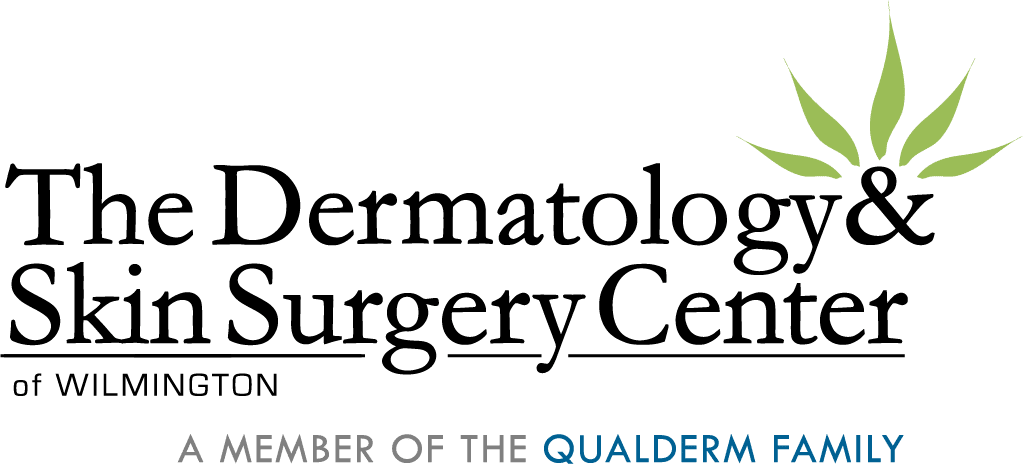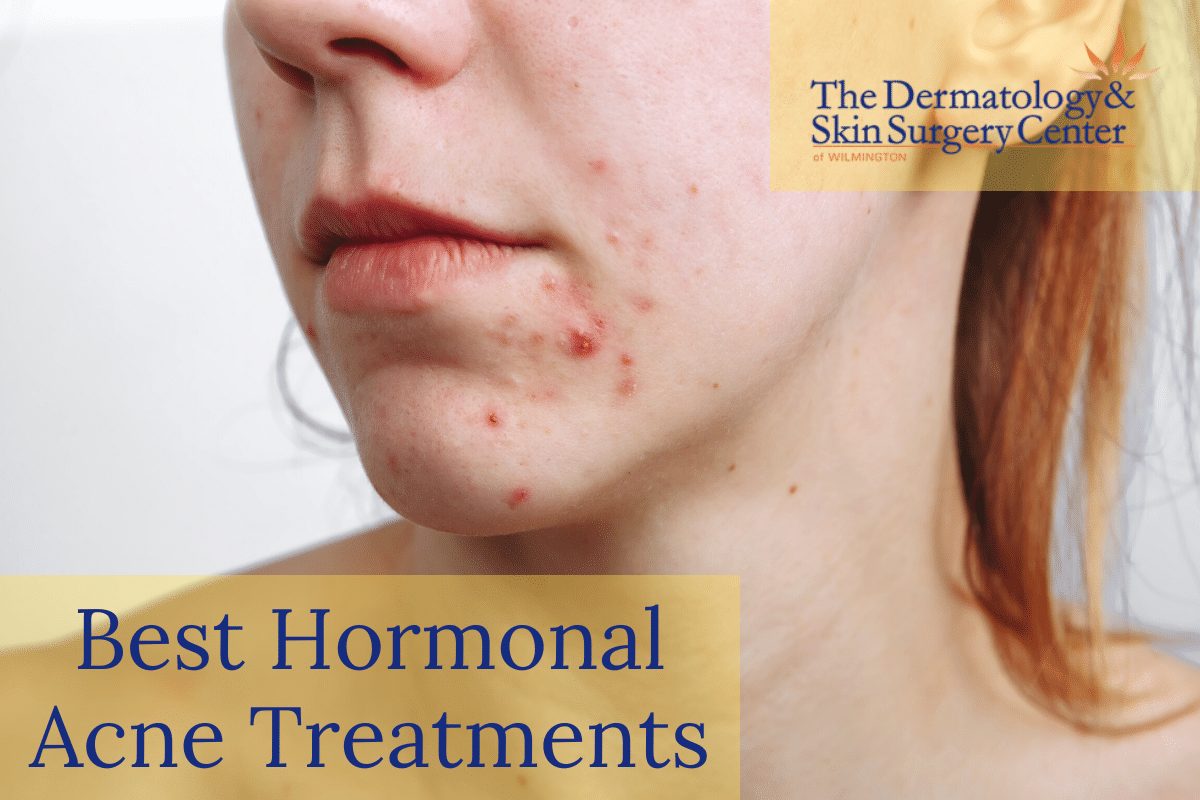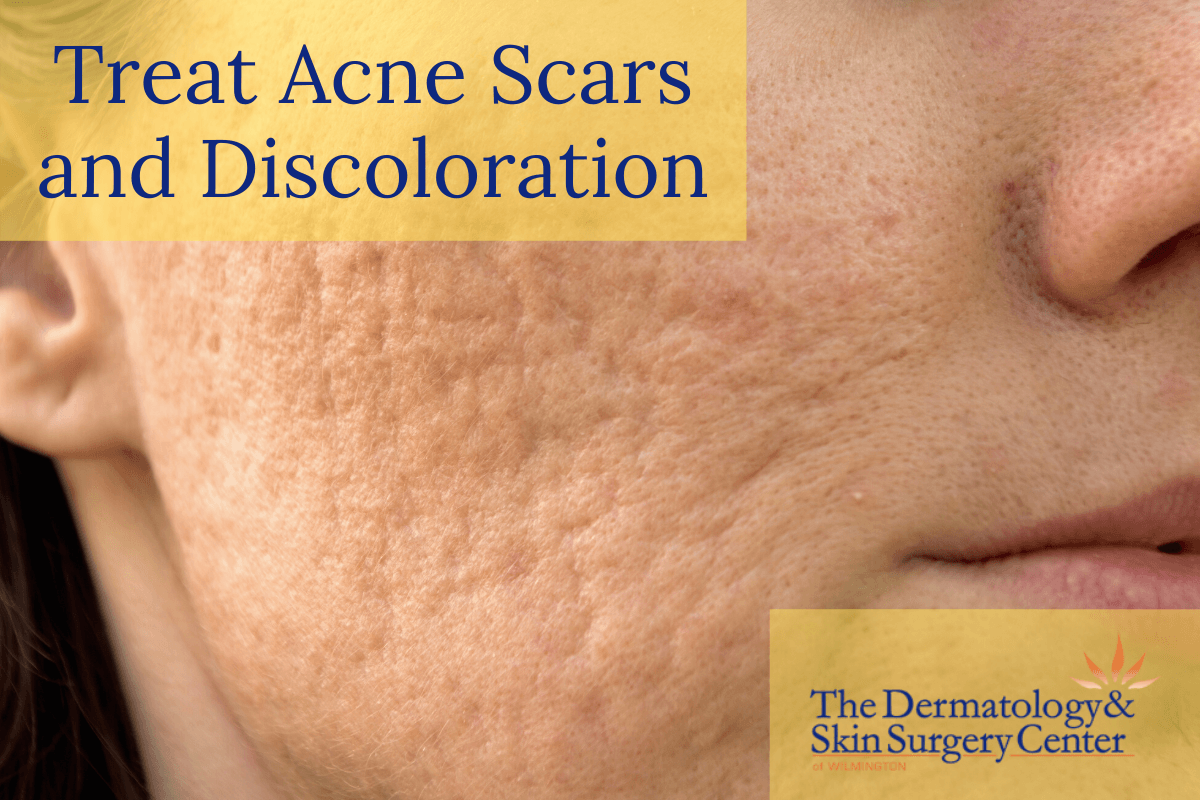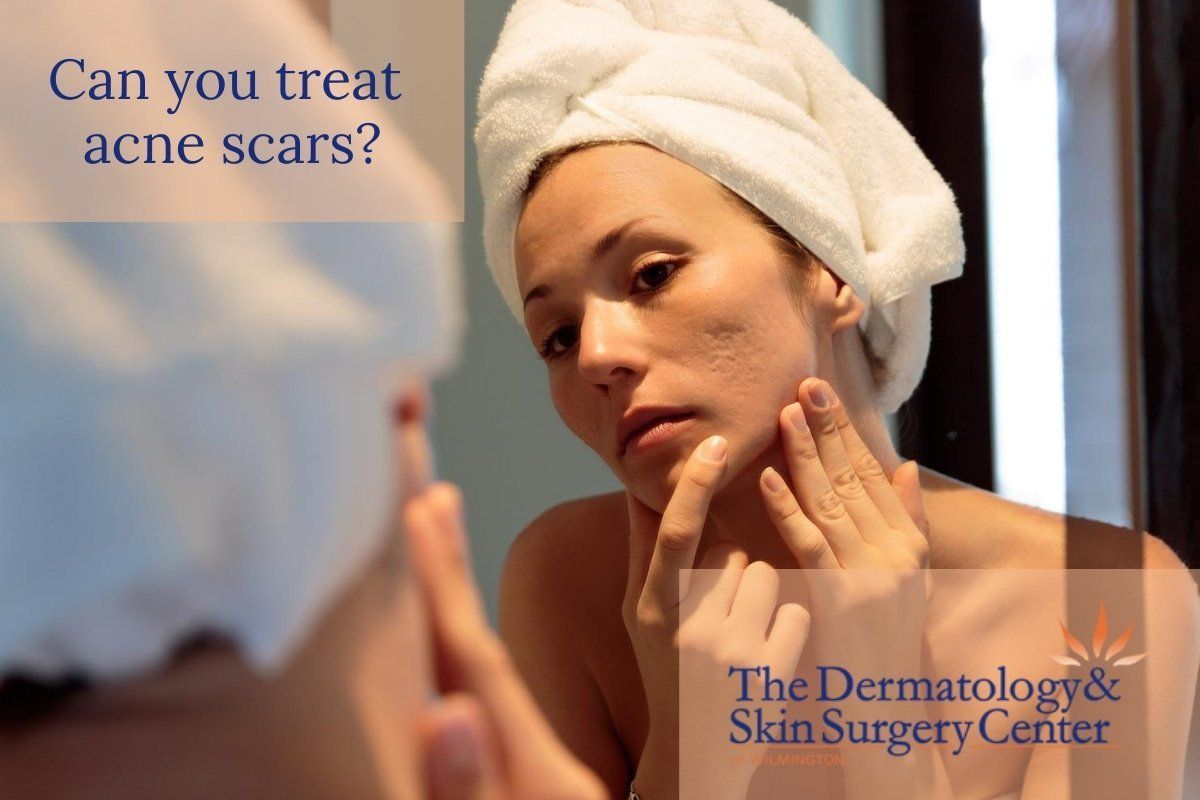If you’re stuck struggling with acne in your late 20s, 30s, and 40s with bouts…
Debunking Acne Myths with Dr. Egan
Anyone who has ever had acne has probably received his or her share of advice about potential remedies. Is your grandma right that you should stop eating dairy? Was your best friend onto something when she said that you just need to wash your face more often? Or should you stay strong and rely on your mom’s promise that, eventually, you’ll just outgrow your acne? This month, we sat down with Dr. Kendall Egan to get her take on conventional acne “wisdom.” Dr. Egan examined many common acne myths and shared the truth behind each of them.
What Causes Acne?
Before debunking the myths, it’s important to address what acne is and what doctors understand about its causes.
Acne is a skin condition that occurs when sebum (oil) or dead skin cells clog a hair follicle, resulting in an inflamed bump, whitehead, or blackhead. Breakouts are multifactorial, but some contributing factors include excess sebum production, bacteria, and excessive androgenic (male) hormones. Common breakout locations include the face, the back, and the chest, but acne can develop anywhere on the body.
Blemishes can often be painful, both physically and emotionally. Also, blemishes may leave scars. Understanding the true causes and solutions for acne can help people achieve clear skin and regain positive self-esteem.
Myth 1: Chocolate, Dairy & Greasy Foods Cause Acne
TRUE and FALSE!
According to Dr. Egan, this myth is somewhat true. “There is evidence that low-fat and nonfat dairy may worsen acne for some people. I often recommend that my acne patients try to eliminate nonfat and low-fat dairy foods.” This may not cure all acne and may have little to no effect for some people, but some see improvement in the overall health of their skin by reducing or removing dairy from their diet.
Another culprit? Foods with a high glycemic index. “Foods that raise your insulin levels quickly may worsen acne,” Dr. Egan said. “Avoiding candy, simple carbohydrates, and soda can help your overall skin health.” Acne may improve, and patients’ skin may also exhibit signs of slower aging — a double win!
As far as greasy foods go, Dr. Egan has found no compelling evidence that eating pizza, cheeseburgers, or other high-fat foods affect acne.
Myth 2: Only Teenagers Get Acne
FALSE!
While acne is most common among teens, people of all ages can be susceptible. People in their 20s, 30s, and 40s can experience persistent acne or even develop it for the first time in their lives. Women are more likely than men to have “adult-onset” acne due to hormonal fluctuations. If you’re struggling to get rid of persistent acne, no matter your age, schedule an appointment with a dermatologist.
Dr. Egan warned about certain age groups whose acne warrants thorough examination. “Children, after early toddler years and before puberty, should not have acne. Seeing acne in this age group may be a sign of an underlying health problem, so the child should see their pediatrician and dermatologist for evaluation.”
Another abnormal age group? Those in their mid-50s or older. “It isn’t uncommon for me to see patients with acne in their 40s and early 50s, especially women,” Dr. Egan said. “However, I have recently seen more women and men in their mid-50s and beyond who present with new acne. This is not normal. The cases I have seen recently have been associated with hormone pellet therapy. In addition to increasing your risk of heart disease or other health problems, testosterone supplementation may cause the onset of acne. It can also cause hair growth in undesirable areas!”
Myth 3: Acne Means that Your Face is Dirty & Should Be Washed More Often
FALSE!
“I cringe every time I hear someone say this,” Dr. Egan said. “Face washing has little to do with who develops acne. There are people out there who never wash their faces, and they have perfect skin. Others wash their face regularly and still have acne.”
A primary cause of acne is genetics, not how often you wash your face. “Some people are, unfortunately, more predisposed to have acne than others,” said Dr. Egan. In fact, she agrees with the majority of dermatologists who believe that over-washing and scrubbing the skin can actually worsen acne in some patients, especially women.
Myth 4: You Can Cure Acne by Using Strong Cleansers Several Times Each Day
FALSE!
We’ve already established that two primary causes of acne are hormones and genetics, which you can’t change by washing your face.
Dr. Egan says, “Every patient is different, but over-washing may contribute to worsening acne.” In her experience, many patients simply use too many cleansers and treatment products on their face. “Depending on how sensitive your skin is, you may or may not be able to tolerate certain acne washes.”
As people use more acne medications, their skin can become increasingly sensitive, so gentle skincare is critical. Too many harsh products and vigorous scrubbing can irritate the skin. Many patients may actually worsen their acne through such harsh skin treatment.
Dr. Egan’s favorite over-the-counter medicated washes are those that contain benzoyl peroxide — but watch out! Benzoyl peroxide can bleach fabrics like towels, shirts, and sheets. She favors benzoyl peroxide because it helps treat red bumps and comedones (blackheads and whiteheads). Salicylic acid washes are another option that can help with comedones.
Myth 5: People with Acne Have Oily Skin, so They Don’t Need a Moisturizer
FALSE!
According to Dr. Egan, “patients with acne need a moisturizer, especially after they start using acne medications.” Tretinoin is one of the most frequently prescribed medications for comedonal (blackhead and whitehead) acne, but it can be very drying. Dr. Egan encourages patients to use a light moisturizer, but cautions patients against heavy, thick creams that can clog pores.
Myth 6: You Should Spend Time in the Sun to Reduce Your Acne
FALSE!
Dr. Egan warns against spending time in the sun to clear acne. “A little sunlight can help acne because UV light reduces inflammation, but the trade-off is an increased risk of skin cancer, including melanoma. Sun exposure also contributes to premature aging and can make the discoloration from acne bumps stick around longer.” The risks are just not worth it.
Myth 7: High Stress Causes Acne Breakouts
POSSIBLY…
Cortisol is a hormone that the body releases during times of stress. Dr. Egan says, “Cortisol is essentially a steroid, and steroids can make acne worse.” Also, many people cope with stress by eating, often reaching for high-glycemic foods. As we learned above, these foods may play a role in worsening acne for some people.
Another downside of elevated cortisol? Premature aging. Finding ways to manage stress and unwind is good for your overall health, your skin included.
Myth 8: Wearing Makeup Causes Acne
POSSIBLY…
Occlusive (pore-clogging), thick makeup may worsen acne in people who are predisposed to it. Dr. Egan explains, “An acne bump starts from a pore, which is the home of a hair follicle. You have a lot of pores on your face, and that means a lot of hair. The hairs are very tiny and hard to see with the naked eye. The hair follicle in a pore is associated with an oil gland. Normally, the sebum (oil) secreted by the gland protects the skin from viruses, bacteria, and the environment.”
She continues, “However, in acne-prone skin, the sebum made by the oil gland builds up. Eventually, it builds up too much, and the sebum gets stuck in the adjacent skin, which causes irritation and inflammation. This is a pimple.” Wearing thick, occlusive makeup can block pores in people who are predisposed to acne.
If you feel like your makeup is causing breakouts, opt for a lighter, oil-free formula or mineral powder. Dr. Egan also encourages people to always wash their makeup off at night. Sleeping in makeup can lead to clogged pores and acne bumps.
Myth 9: You Can Cure Acne Overnight with the Right Treatment
FALSE
“The best topical medications should be used on the entire face, not for spot treatments,” Dr. Egan says. “Can you see improvement with spot treatments overnight? Maybe,” she says. “But ultimately, patients need to be on daily acne medications to prevent new bumps.” Also, some medications take several weeks or months to take effect, so patience is key in treating acne.
Myth 10: Blackheads Form When Pores Get Clogged with Dirt
FALSE
Blackheads are not caused by dirt in the pore, but by sebum. “Blackheads are dark because the sebum has been in contact with oxygen. When the sebum becomes oxidized, it appears black,” Dr. Egan says.
Myth 11: Popping a Blemish Will Make it Heal Faster
FALSE!
“Never pop a blemish!” Dr. Egan warns. “Leave it to your board-certified dermatologist.” Popping a blemish yourself may lead to scarring. “There are different types of acne scars — and we want to avoid them all!” If you really need to get rid of a blemish, schedule an appointment with your dermatologist for treatment.
Myth 12: Acne is No Big Deal
FALSE!
Acne isn’t just a superficial, small problem. It can be physically painful, and it causes many people to withdraw from their social lives. If you’ve been struggling to clear your skin and feel like nothing is helping, schedule an appointment with the acne experts at the Dermatology and Skin Surgery Center of Wilmington.
Clear skin IS possible! When you work with a board-certified dermatologist, you’re working with a skin health expert. Together, you and your dermatologist can create a treatment plan uniquely tailored to your skin so that you can finally beat acne.



